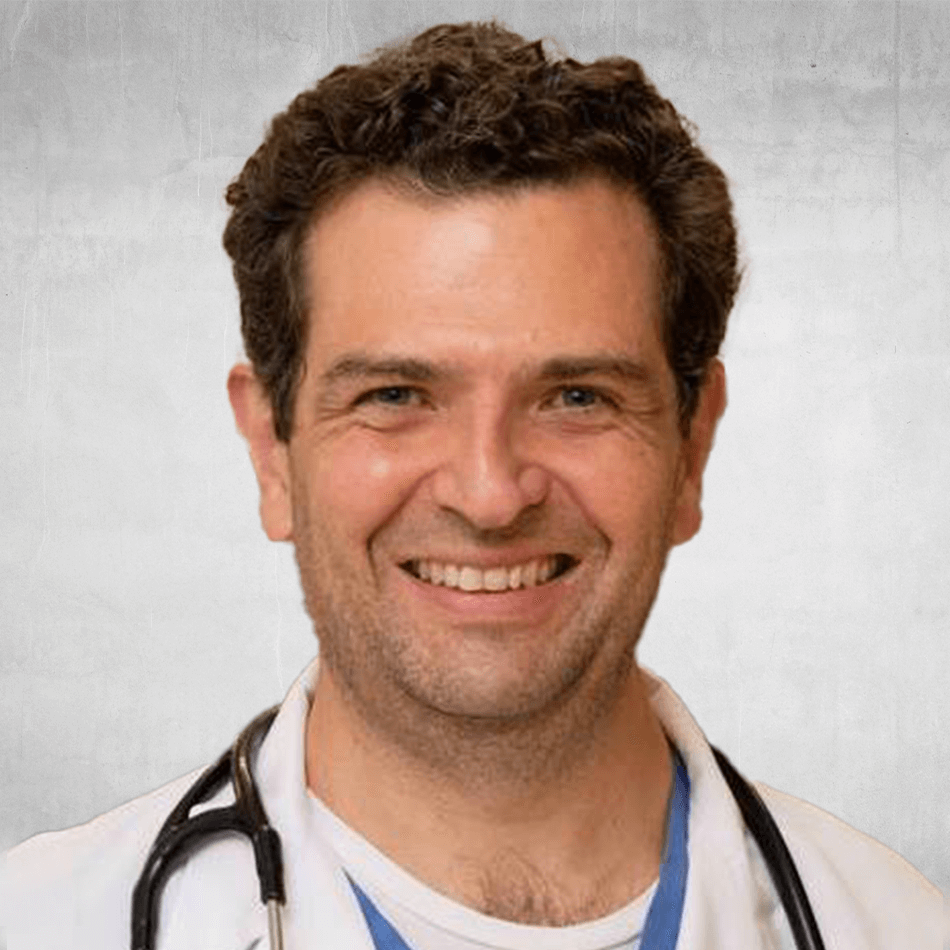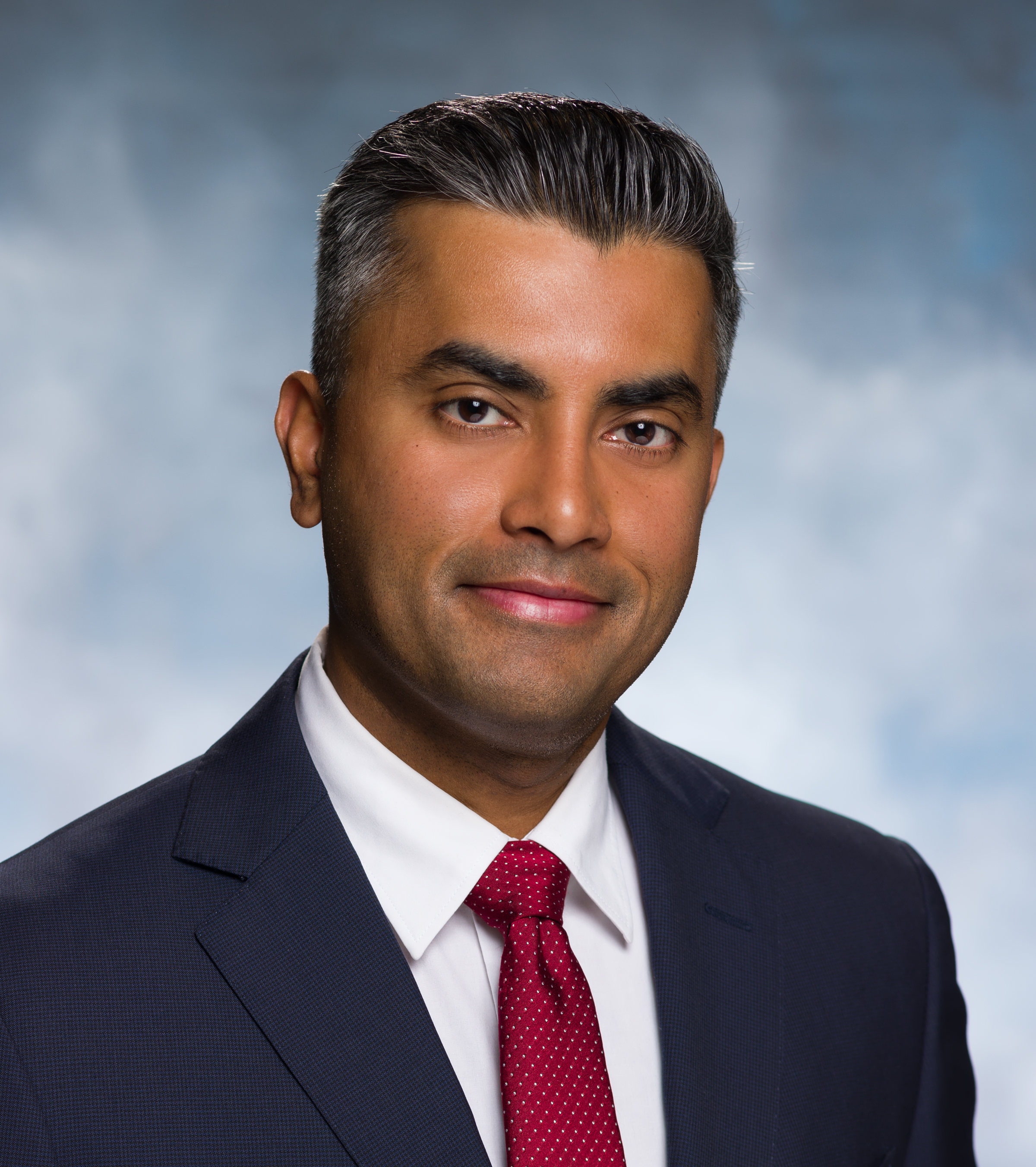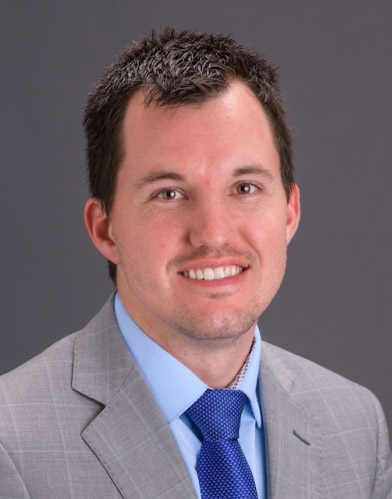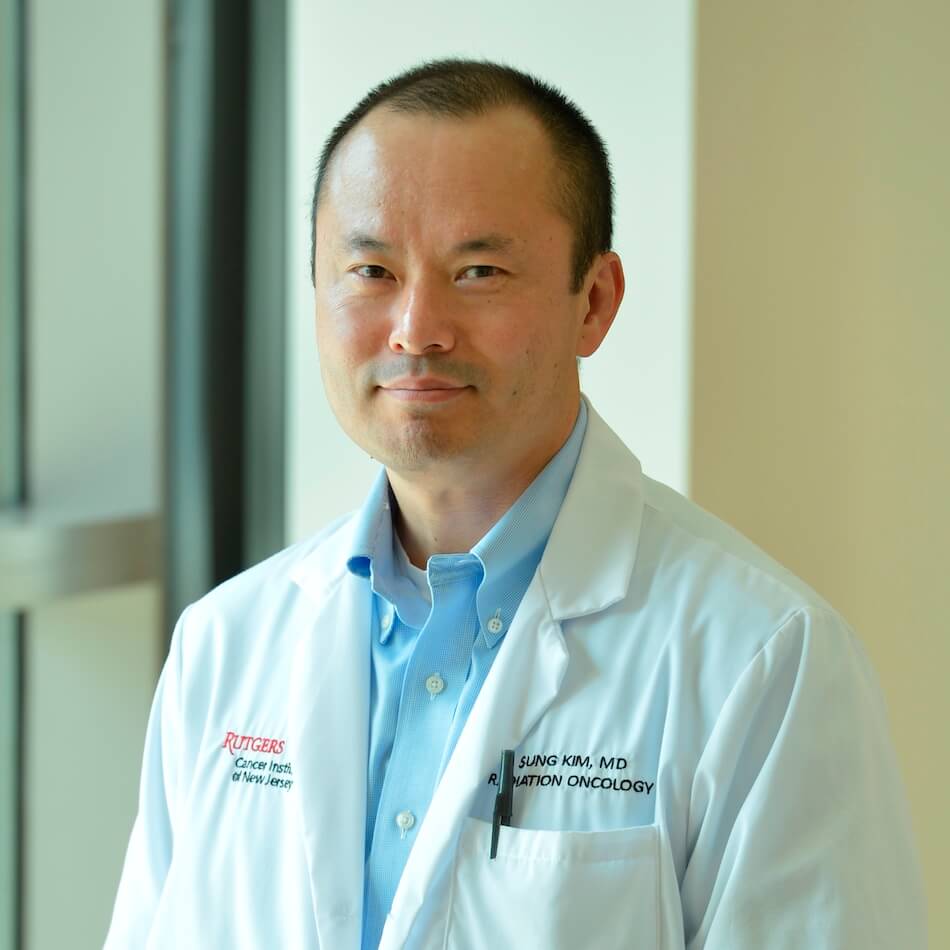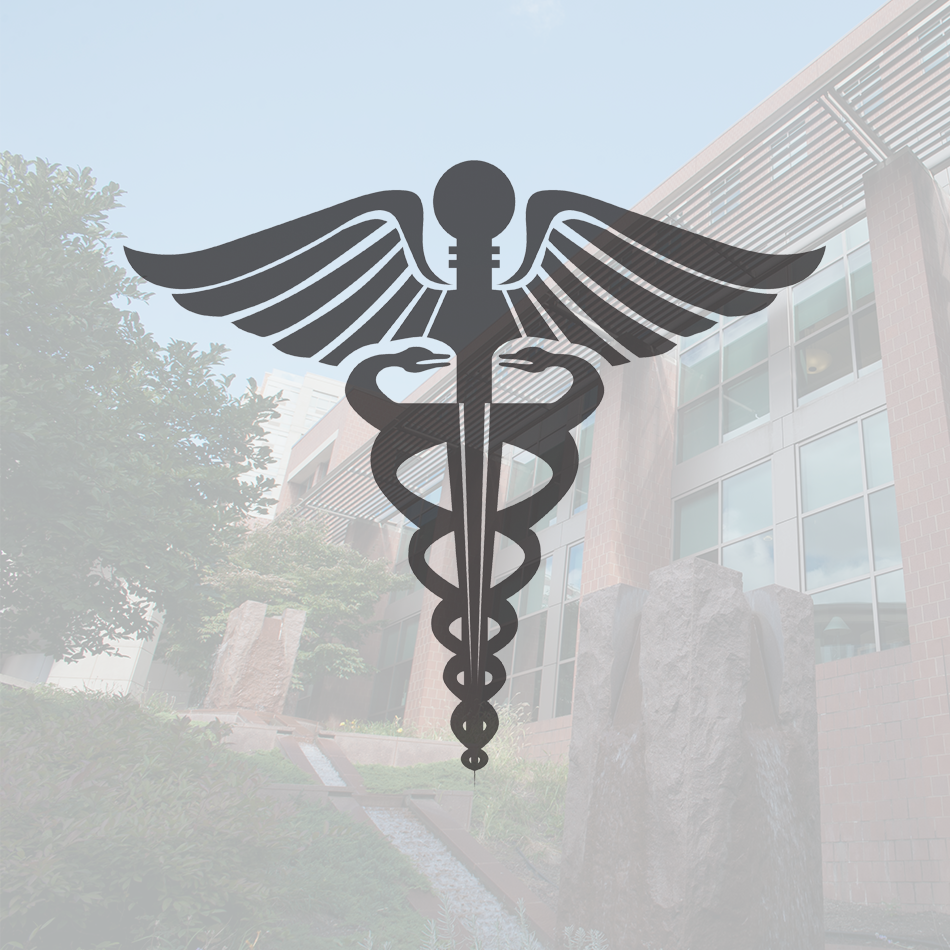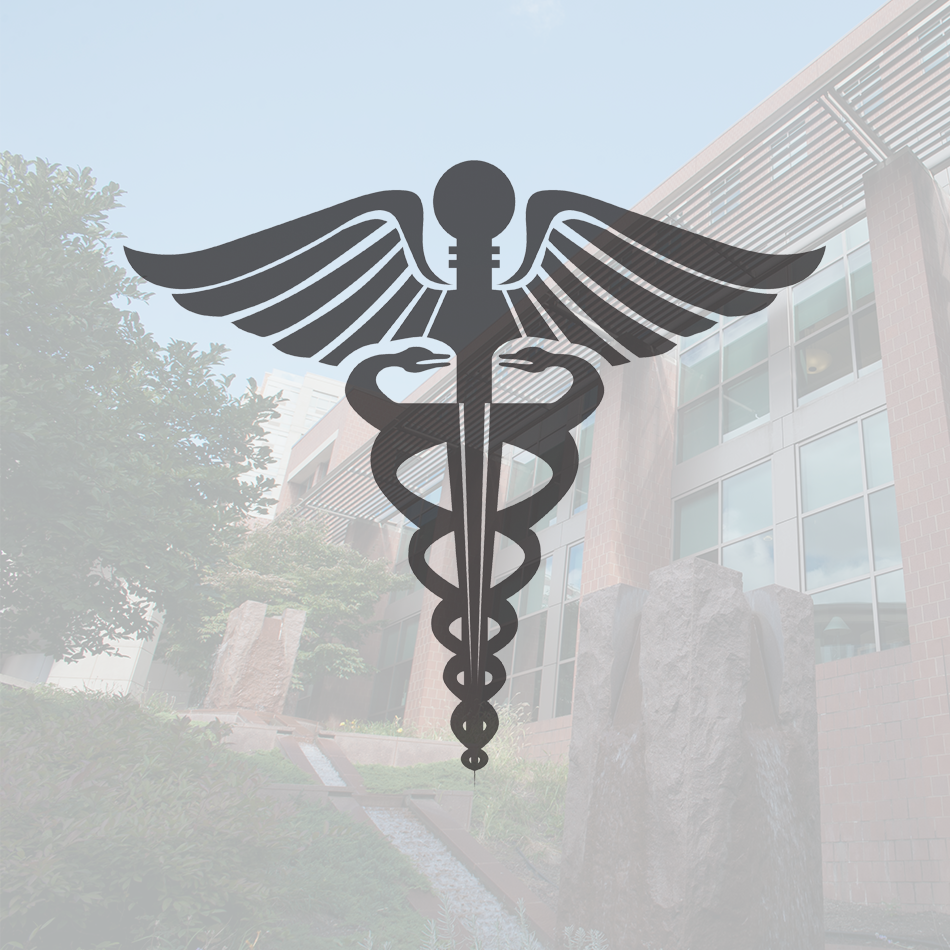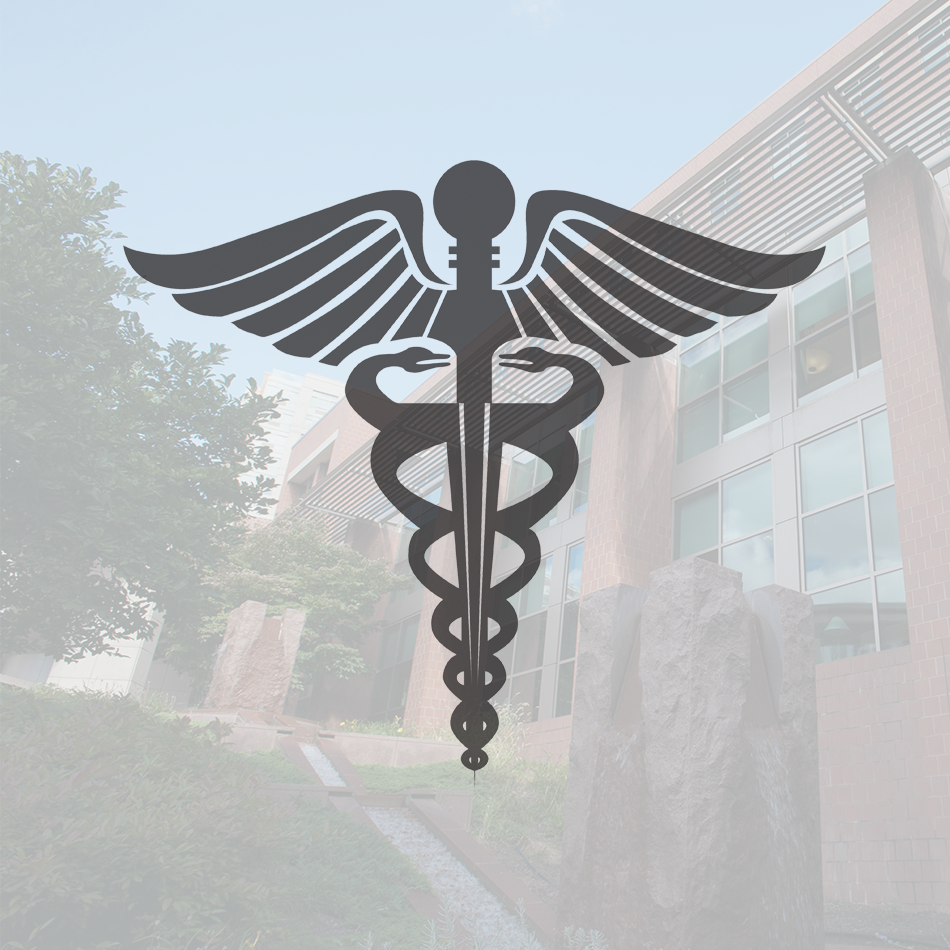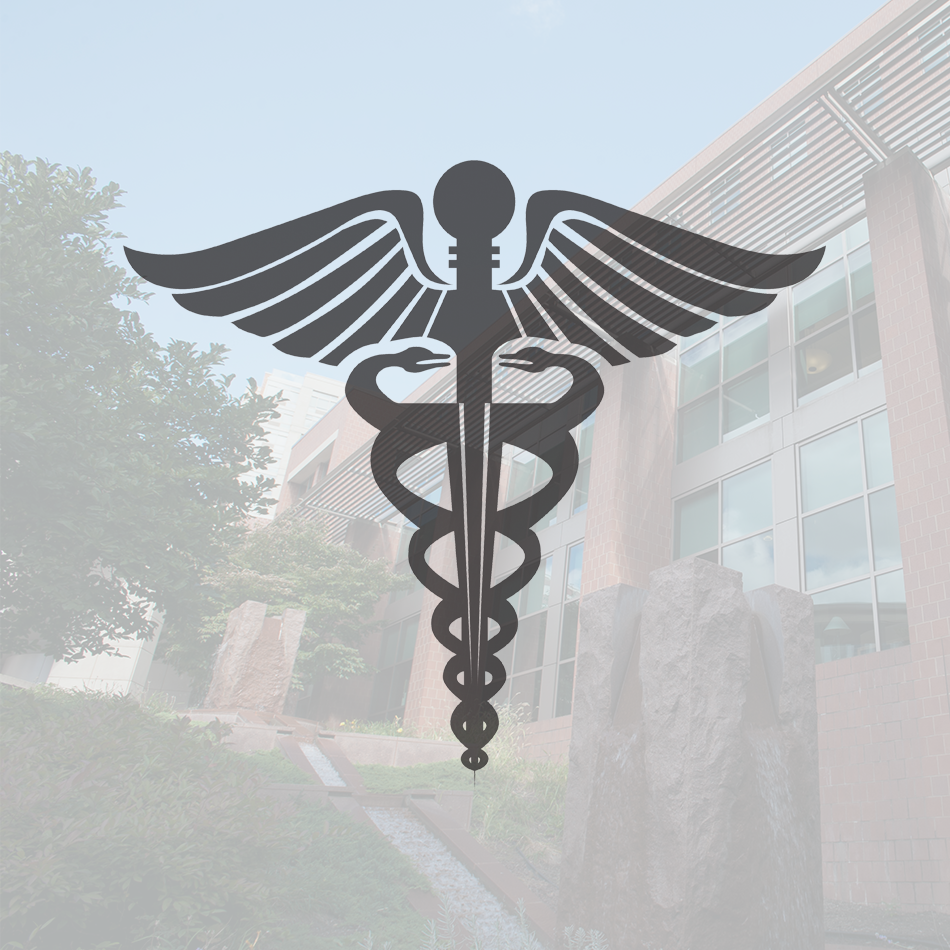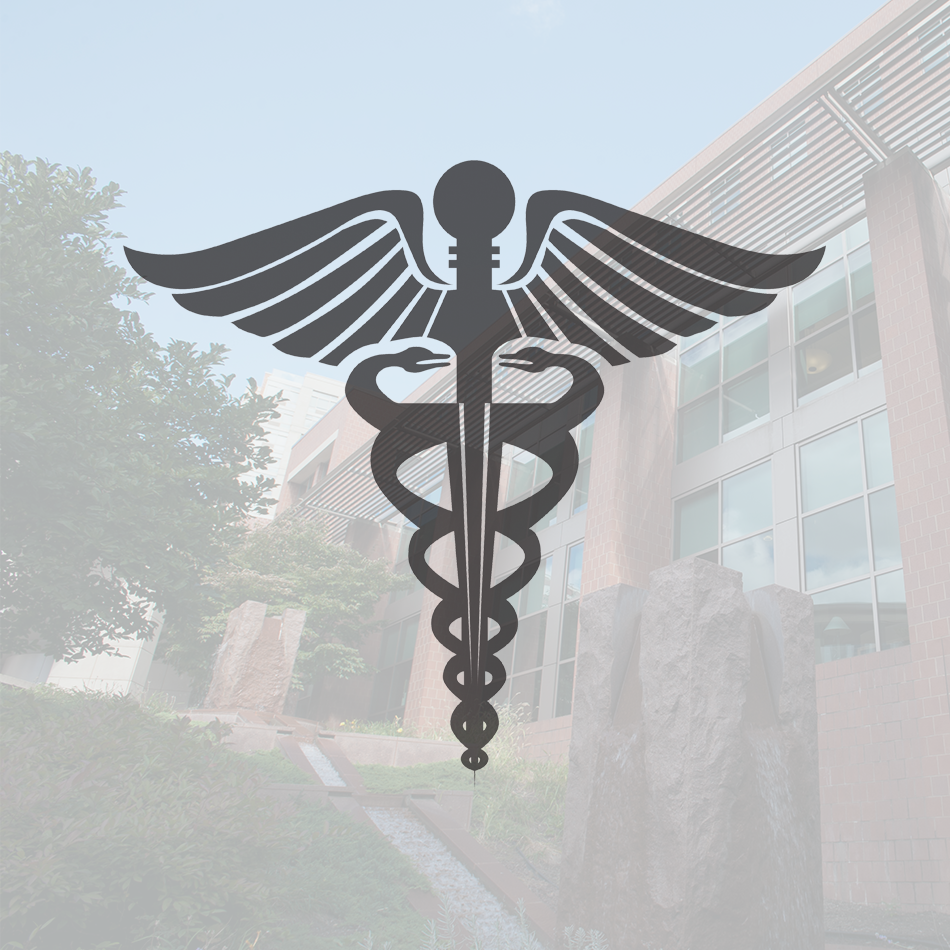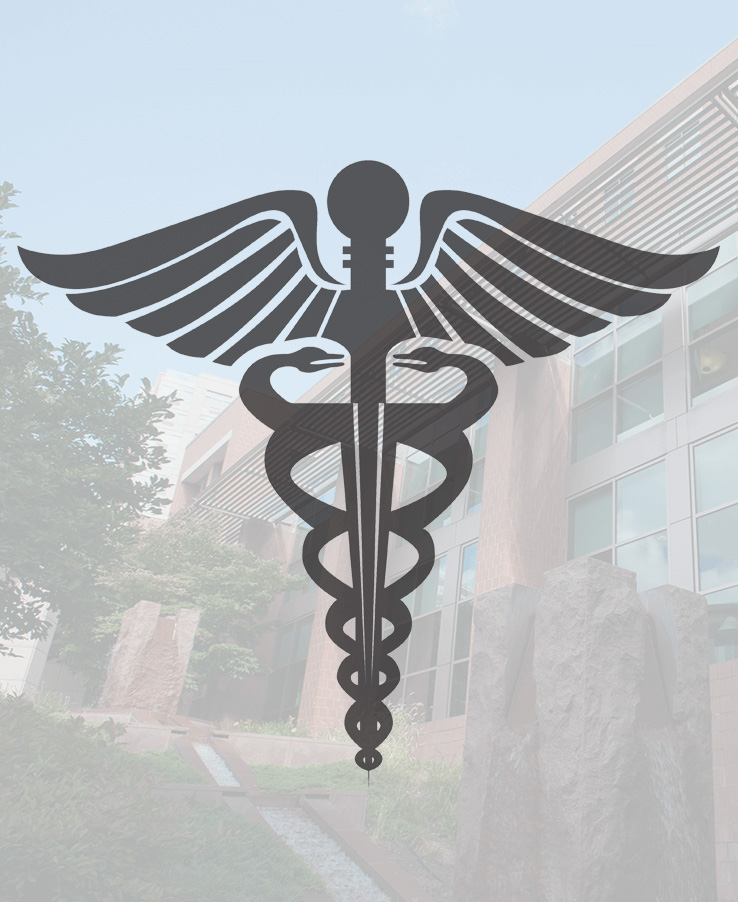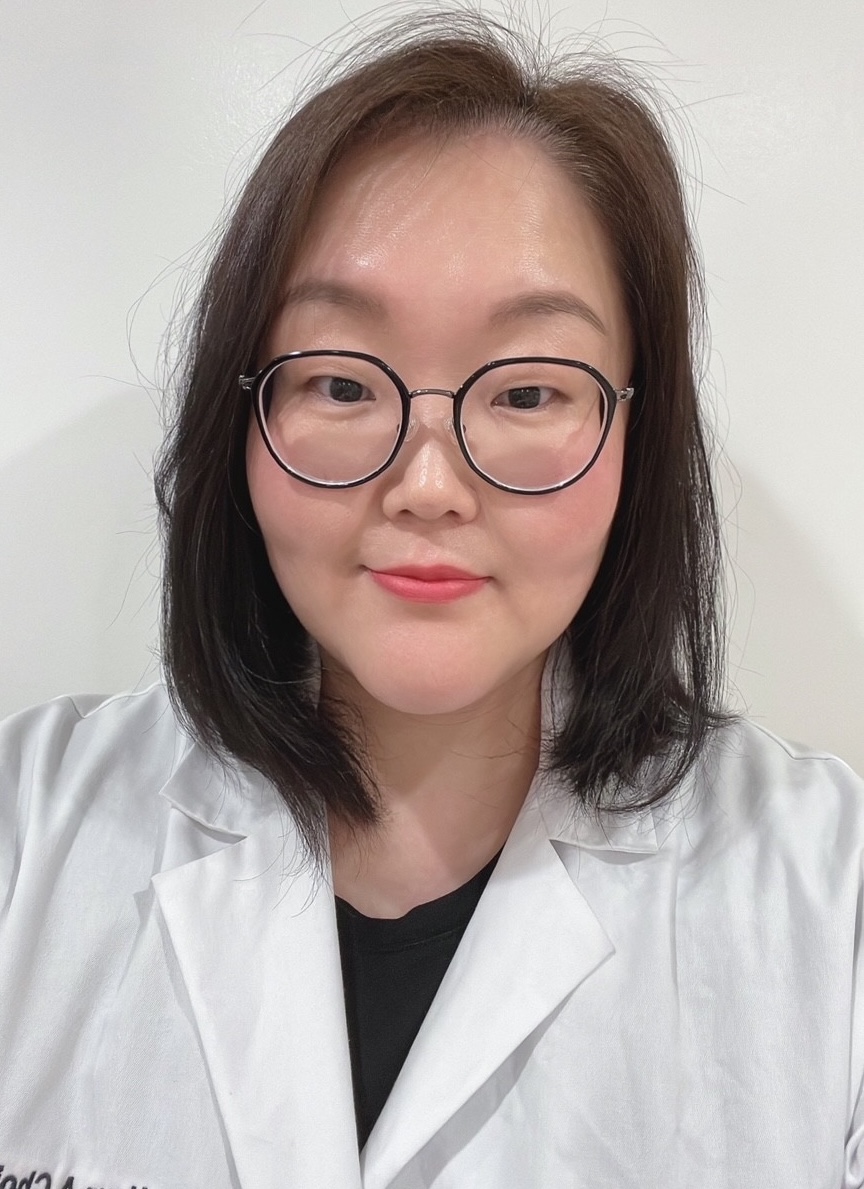
The Head and Neck Oncology Program at Rutgers Cancer Institute provides state-of-the-art, comprehensive care for patients with benign and malignant tumors of the head and neck region. A multidisciplinary approach to treating head and neck cancers is paramount. Every patient’s case is reviewed by a team of experts who work together to develop a comprehensive, individualized treatment plan based upon the best available scientific evidence.
What are Head and Neck Cancers?
Head and neck cancers as a group encompass a wide variety of conditions that can affect any organ of the area, including the mouth, throat, sinuses and even skin of the face. With such concentration of organs critical for appearance, voice and speech, swallowing and nutrition, and smell and taste, cancers of the head and neck area present a unique challenge both for a patient and a cancer practitioner.
With years of experience, our multidisciplinary experts specialize in the treatment of:
- Cancers of the skin on the face
- Oral cancer cavity
- Salivary gland cancer
- Nasal and sinus cancer
- Laryngeal cancer
- Pharyngeal cancer
- Esophageal cancer
Symptoms of Head and Neck Cancer
Head and neck cancer symptoms can vary depending on the location and stage of the disease. However, individuals may experience common signs such as:
- Difficulty swallowing or speaking
- Persistent sore throat
- Lump in the neck or mouth
- Changes in your voice or hearing
- Unexplained weight loss
The Latest Diagnostic and Treatment Options
A multidisciplinary approach to treating head and neck cancers is paramount. Traditionally, most head and neck cancers are treated with surgery, radiation therapy, and chemotherapy, though the sequence and combinations of therapy can vary depending on the patient and the primary site of the cancer within the head or neck. Every patient’s case is reviewed by a team of experts who work together to develop a comprehensive, individualized treatment plan based upon the best available scientific evidence.
Cancer Surgical Services
Our fellowship trained surgeons collaborate in a multidisciplinary fashion with various other subspecialties to provide advanced, high-quality, compassionate, and patient centered surgical care. Our surgical services include specialized procedures for head and neck cancers such as transoral robotic surgery (TORS), transoral laser microsurgery (TLM), endoscopic skull base surgery, and microvascular free flap reconstruction.
Proton Therapy
Proton therapy is a type of radiation therapy treatment that uses protons, equivalent to positively charged hydrogen nuclei, to target a tumor in a very precise way. Proton beams can be put to use and controlled to focus on a specific area of target in the treatment of cancer patients.
Additional Treatments
- Radiation Therapy
- Chemotherapy
- Immunotherapy
- Advanced treatment options and emerging therapies through clinical trials
- Support for patients living with cancer through the Survivorship Program
- Collaboration with speech language pathologists specially trained in pre-treatment assessment and rehabilitation of speech and swallowing function
Benefits of a Multidisciplinary Approach for Head & Neck Cancers
Every new case is discussed in a multidisciplinary Head and Neck Tumor Board where a patient’s recorded clinical exam, images (CAT scans, MRIs, PET scans) and pathology are reviewed by a highly specialized team of head and neck cancer experts, including surgeons, radiation oncologists, medical oncologists and head and neck radiologists and pathologists.
We believe this approach offers the best outcomes for our patients for many reasons:
-
Decision making. When multiple specialties examine the patient’s records and discuss the possible treatments directly, they offer the patient the best treatment options. Furthermore, they give the patient a unified recommendation.
-
Convenience. Rather than identifying appropriate experts yourself and making multiple appointments you can be assured that you will have access to all required clinical expertise at one center. In addition to seeing physician experts in head and neck cancer, you can meet specialists in many of the critically important auxiliary services (such as nutrition, speech therapy, and social work) all in the same location.
-
Coordination of care. Rather than the patient communicating between doctors, the doctors communicate directly with each other and coordinate the sequence and timing of therapy.
Meet Our Team
Related Articles and Press
Adjuvant nivolumab plus standard chemoradiotherapy ‘tremendous’ for locoregional HNSCC
Dr. Missak Haigentz shares his perspective on the NIVOPOSTOP trial results.
10 Facts about Head & Neck Cancers
Dr. Missak Haigentz, Jr. shares 10 facts about head and neck cancers that everyone should know.


